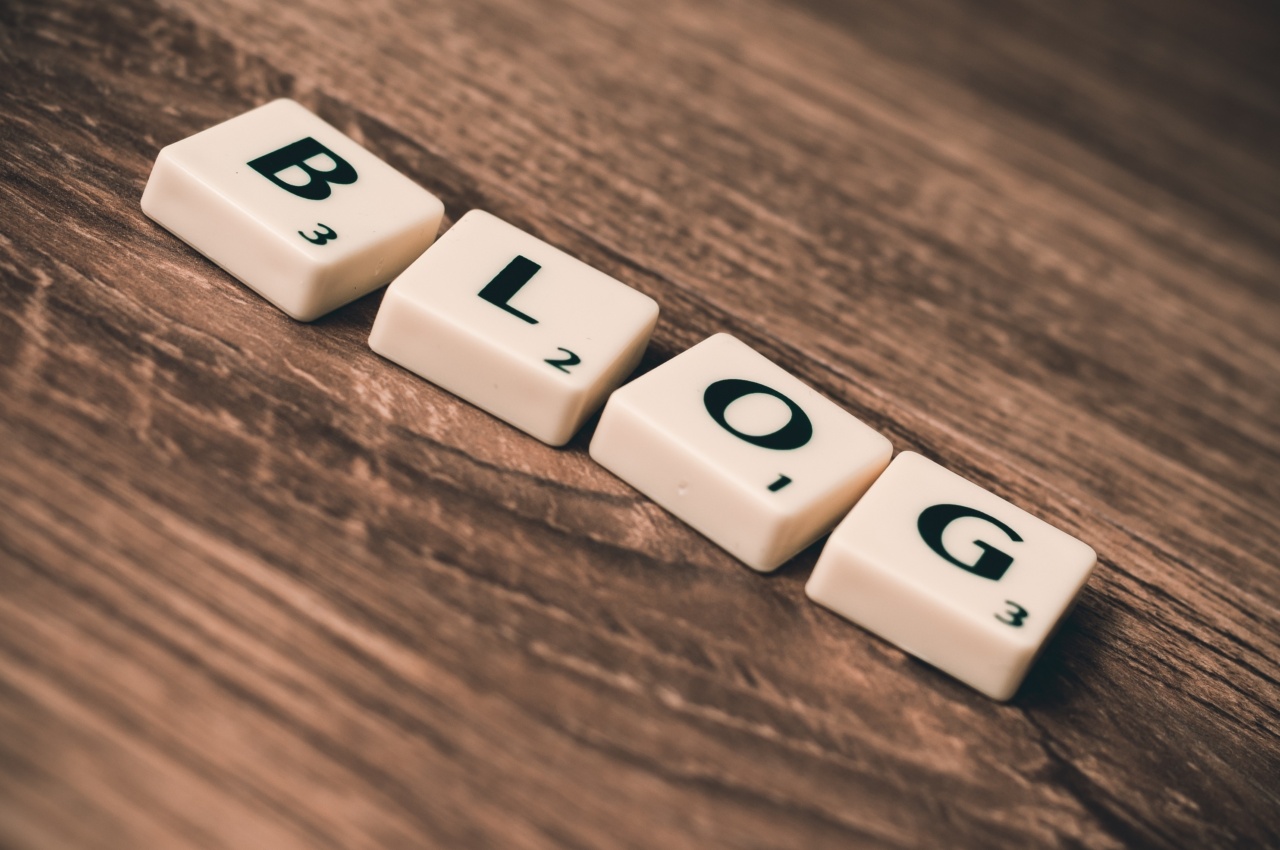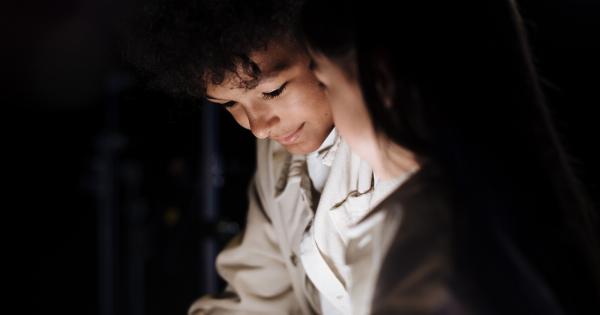With the rise of social media platforms in recent years, there has been a significant impact on adolescent behavior. This article aims to explore the effects that social media has on teenagers and their behavior.
It will delve into various aspects, including the influence of social media on mental health, body image, self-esteem, relationships, and academic performance.
The Influence of Social Media on Mental Health
Social media can have both positive and negative effects on the mental health of adolescents. On one hand, it provides them with a platform to connect and communicate with friends, express themselves, and find support.
However, excessive use of social media can lead to feelings of loneliness, anxiety, and depression. The constant comparison to others, cyberbullying, and the fear of missing out can significantly impact their emotional well-being.
The Impact of Social Media on Body Image
Adolescents, especially girls, are heavily influenced by the images and standards portrayed on social media. Body image issues have become more prevalent due to the constant exposure to unrealistic beauty standards.
This can lead to low self-esteem, eating disorders, and unhealthy behaviors. Furthermore, the use of filters and editing tools on social media platforms distorts reality, creating a false sense of beauty.
Social Media and Self-Esteem
Social media platforms often promote a culture of validation through likes, comments, and follower counts. Adolescents, who are in the process of forming their identity, may place a significant emphasis on these online metrics.
The perceived popularity and acceptance on social media can lead to a boost in self-esteem. Conversely, the lack of engagement or negative interactions can lower their self-worth.
The Impact of Social Media on Relationships
Social media has altered the way adolescents communicate and maintain relationships. While it enables them to connect with friends and family across distances, it can also lead to a decline in face-to-face interactions.
Additionally, the constant exposure to idealized versions of relationships on social media can create unrealistic expectations and strain existing relationships. Cyberbullying and online harassment are also prevalent issues that can negatively impact relationships.
Social Media and Academic Performance
One major effect of social media on adolescent behavior is its impact on academic performance. The excessive use of social media can be a distraction, making it difficult for teenagers to focus on their studies.
The constant scrolling, notifications, and allure of virtual interactions can lead to decreased productivity and poor time management. Additionally, cyberbullying and online drama can cause emotional distress, further affecting their ability to concentrate.
Strategies to Minimize the Negative Effects
While social media has its downsides, there are strategies that can help minimize the negative effects on adolescent behavior.
Educating teenagers about responsible social media use, fostering open communication, and promoting a healthy body image are important steps. Encouraging offline activities, setting screen time limits, and monitoring online interactions can also be beneficial.
Creating a positive online environment and raising awareness about cyberbullying are crucial for protecting the well-being of adolescents.
Conclusion
Social media undoubtedly has a significant impact on adolescent behavior. It influences their mental health, body image, self-esteem, relationships, and academic performance.
While it offers numerous benefits, it is important to be aware of the potential negative effects and implement strategies to mitigate them. Balancing the use of social media with offline activities and promoting positive online experiences can contribute to the overall well-being and development of adolescents in the digital age.






























